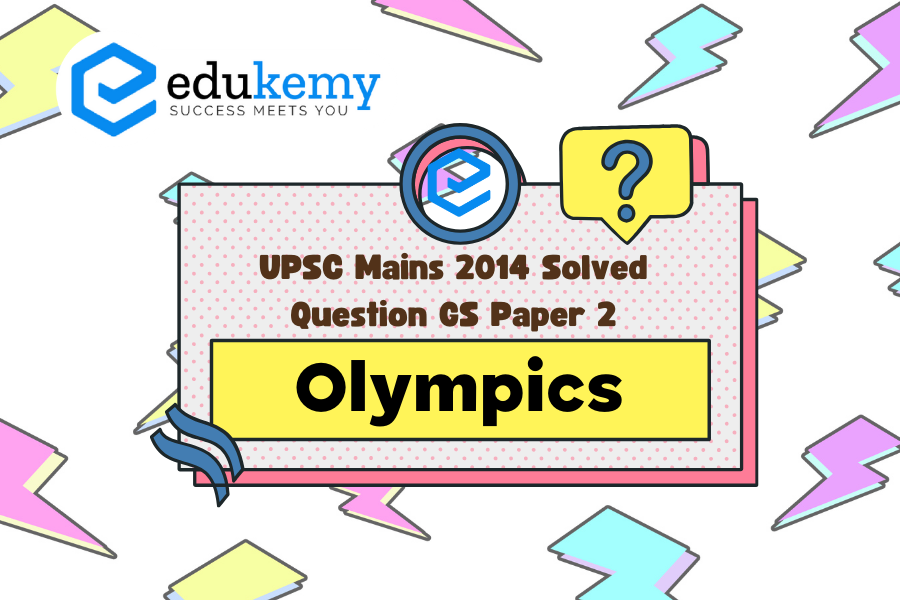The pursuit of athletic excellence, whether on a personal or national level, often intertwines with both individual aspirations and collective pride. Athletes, driven by personal triumph and the desire to bring glory to their nations, participate fervently in events like the Olympics. In this context, the merit of a state-sponsored talent hunt is profound. Such initiatives facilitate the identification and nurturing of gifted individuals who may otherwise remain undiscovered. By investing in grassroots programs and talent identification mechanisms, states can unlock the potential of their youth, fostering a culture of sportsmanship and achievement. Moreover, state sponsorship ensures that athletes from all socio-economic backgrounds have equal opportunities to excel, thereby promoting inclusivity and diversity in sports. However, while talent identification and cultivation are essential, the role of a reward mechanism cannot be overlooked. Cash incentives and recognition bestowed upon victorious athletes serve as powerful motivators, incentivizing hard work and dedication. This dual approach, combining state-sponsored talent hunt with rewarding mechanisms, strikes a balance between fostering talent and providing encouragement, ultimately contributing to the holistic development of sports within a nation.
Tag: Issues relating to development and management of Social Sector/Services concerning Health, Education, and Human Resources.
Contents
Decoding the Question:
- In Introduction, try to write a brief description about the condition of sports in India.
- In Body, Highlight the challenges in sports and mention the merit of State sponsored talent hunt.
- In Conclusion, try to conclude with schemes like National Sports Talent Contest Scheme, khelo India Programme etc.
Answer:
Rewarding athletes who were successful in the Olympics and sponsoring a talent hunt are both means of encouraging talented athletes to continue playing their choice of sport.India’s sport sector is growing at an explosive rate. While cricket remains the giant of the sector, sports such as kabaddi, table tennis, hockey, shooting, and football have demonstrated that India is not simply a one-sport country. In state sponsored talent hunt, Sports Authority of India (SAI) selects talent from all parts of India and develops them into competitive athletes. The trained athletes then participate in national and international level events.
Challenges in sports in India:
- Training (renting training space etc.), sports equipment, hiring of coach, physiotherapist etc are all expenses associated with training to become a successful sports personality.
- The costs associated with training adds up to a very large amount that can be afforded only by a small margin of the population. The wealthy athletes can use their winnings and rewards to fund their training, but this can happen only after they register at least a few wins.
- In India, each sport is ‘managed’ by an independent federation, with these federations recognized by the central Ministry of Youth Affairs and Sports and receiving funds from the central government. This federation suffers from Red-tapism.
- India, despite its space programme and burgeoning population of billionaires, is still a very poor nation in terms of per capita income, and sport has never been a priority for the government.
- These costs and resultant hindrances discourage the less privileged sections of the community from seriously taking up sports even if they are immensely talented in the sport.
- Lack of facilities at the grass root level is a major problem. Schools and colleges lack basic infrastructure that can encourage other sports. The concept of school sports or college sports is still not seen as an option in India’s education system.
- Cricket continues to dominate India’s sporting landscape. Sports other than cricket are not given much weightage as a career option, because neither they appear financially lucrative nor glamorous. More than the government, it’s the apathy of corporates and wealthy individuals towards other sports that must change.
Merit of Talent Hunt Programme:
- It can help in filtering talented sports persons.
- Talent Hunt Programme will bring more accountability and transparency in sports by reducing red tapism.
- The talent search will not be limited to Urban or Town areas. This programme will ensure the talent hunt goes into Rural and geographically difficult areas like North eastern states, Andaman and Nicobar and Lakshadweep.
- The talent hunt programme will break the barrier of social inequalities like caste, creed, and gender.
- This program will also ensure that Sports talent do not suffer financially and economically.
A talent hunt, apart from providing encouragement and motivation, will level the playing field and afford equal opportunities to less wealthy athletes. Also, the talent hunt will help discover talent in rural India. National Sports Talent Contest Scheme, khelo India Programme by GOI is positive steps to improve sports ecosystem in India. over the past decade, a galaxy of up-and-coming stars like badminton player Saina Nehwal, boxer Vijender Singh and shooter Abhinav Bindra have defied the country’s creaking infrastructure, callousness and ill-preparedness to take small, but important steps toward putting India on the global sporting map. Surely, there are more talents to come in this direction. In a country with great inequality like India, a talent hunt will afford more advantages than the incentives program.
In case you still have your doubts, contact us on 9811333901.
For UPSC Prelims Resources, Click here
For Daily Updates and Study Material:
Join our Telegram Channel – Edukemy for IAS
- 1. Learn through Videos – here
- 2. Be Exam Ready by Practicing Daily MCQs – here
- 3. Daily Newsletter – Get all your Current Affairs Covered – here
- 4. Mains Answer Writing Practice – here


